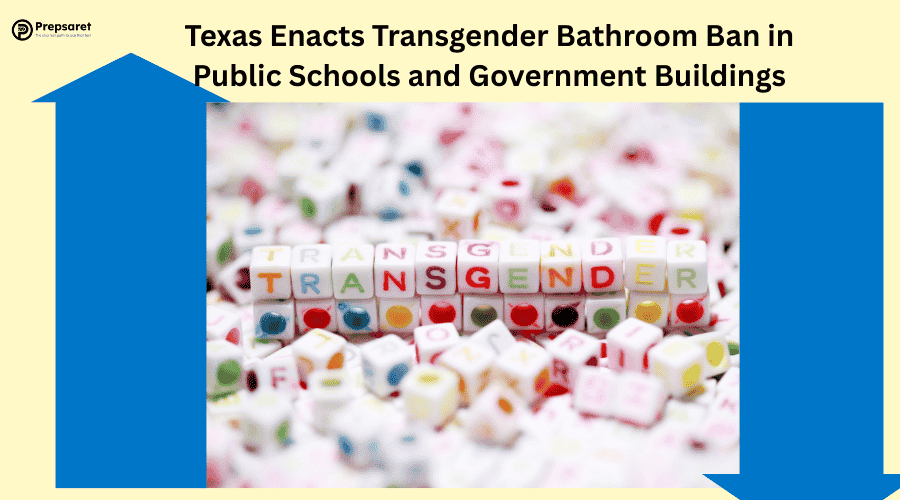Key Points:
- Gov. Greg Abbott signed Senate Bill 8, requiring transgender people to use restrooms that match their birth sex in schools and state-owned buildings.
- Institutions violating the law face fines of up to $125,000, with enforcement powers granted to the attorney general.
- Critics argue the measure is discriminatory, invasive, and unlikely to withstand legal challenges.
A Decade-Long Push Culminates in New Law
Texas Gov. Greg Abbott signed a controversial bill on Monday that restricts restroom access for transgender people in public schools, universities and colleges, prisons, and government buildings. Senate Bill 8 requires individuals to use facilities that align with the sex listed on their birth certificate.
The law, taking effect December 4, 2025, follows years of debate. Similar proposals in 2015 and 2017 failed after backlash against North Carolina’s “bathroom bill,” which drew widespread boycotts before being repealed. Abbott defended the new measure in a video message, calling it “common sense” and a matter of public safety.
Under the law, violations will result in fines of $25,000 for a first offense and up to $125,000 for repeat violations. Complaints can be filed by private citizens and investigated by the state attorney general’s office. Limited exceptions apply for children under 10 accompanied by adults, along with law enforcement, custodians, and medical staff.
The bill’s scope extends beyond bathrooms. It mandates that correctional facilities house inmates by birth sex and prohibits trans women and other individuals assigned male at birth from accessing women’s domestic violence shelters, except as children of women receiving services.
Fierce Debate and Legal Challenges Ahead
Supporters of the measure argue it protects the privacy and safety of women and girls. Advocacy groups like the Alliance Defending Freedom praised the law, claiming it ensures dignity and prevents “men from invading girls’ most intimate spaces.” Republican lawmakers framed it as safeguarding families, despite providing no evidence of safety risks.
Opponents, however, see the law as discriminatory and harmful. Texas Democrats criticized it as government overreach, questioning whether its real aim is to push transgender people out of the state. Advocacy groups, including Equality Texas and the Texas Freedom Network, warned the bill enforces outdated definitions of sex, ignores intersex realities, and opens the door to invasive “gender policing.”
Privacy concerns also loom large. Critics fear vague enforcement language could allow intrusive monitoring, from security guards to cameras in public facilities. The ACLU of Texas has not ruled out legal action, calling the law unconstitutional and discriminatory.
Texas joins nearly 20 other states that have enacted restrictions on restroom access for transgender individuals. Several of those laws face ongoing legal challenges, with some pending before the U.S. Supreme Court. Experts say Senate Bill 8 could face similar hurdles in federal courts, potentially delaying or blocking its implementation.
For now, the law’s passage marks a significant step in Texas Republicans’ broader efforts to regulate the lives of transgender people, adding to a wave of legislation across the country that has sparked deep divisions and widespread concern about civil rights.
Read also:

